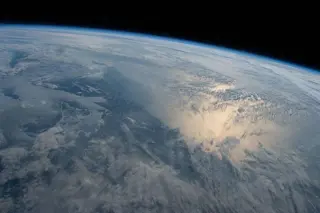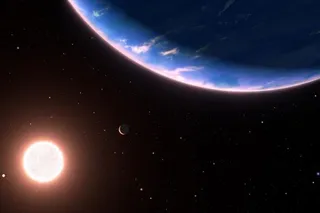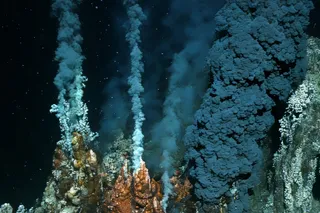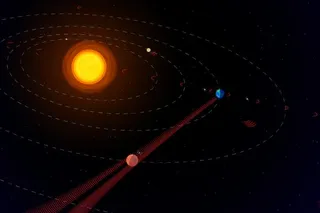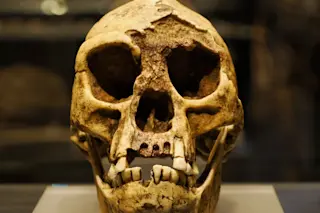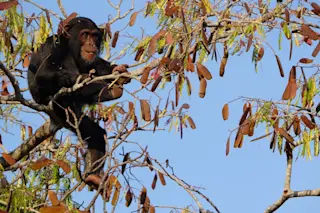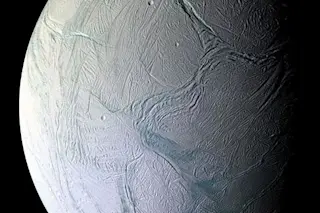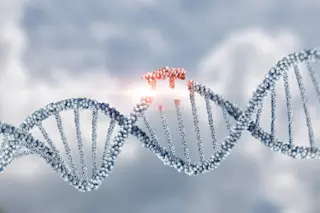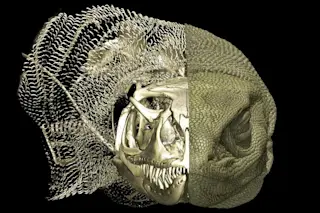What are the odds of humanity emerging, well, anywhere? Conventional wisdom says that our emergence, evolution, and development on Earth were extremely improbable. But a new model says that humans gaining a foothold here wasn’t that difficult — and it’s not outside the realm of possibility that intelligent life could develop elsewhere in the universe, according to a paper in Science Advances.
“This is a significant shift in how we think about the history of life,” Jennifer Macalady, a Penn State professor and co-author of the paper, said in a press release. “It suggests that the evolution of complex life may be less about luck and more about the interplay between life and its environment, opening up exciting new avenues of research in our quest to understand our origins and our place in the universe.”
The old model explaining our evolutionary origins is called “hard steps.” Theoretical physicist Brandon Carter ...


